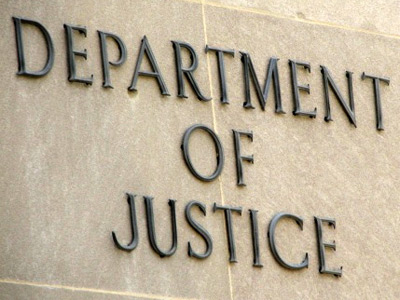By Allan Lengel
In a ruling that comes as no surprise, the U.S. Court of Appeals in D.C. on Tuesday concluded that ex-President Donald Trump is not immune from prosecution involving allegations that he tried illegally to overturn the 2020 election.
Trump is expected to appeal to the full court and to the U.S. Supreme Court, which will likely delay his trial, which was scheduled for March 4 in Washington.
“For the purpose of this criminal case, former President Trump has become citizen Trump, with all of the defenses of any other criminal defendant. But any executive immunity that may have protected him while he served as President no longer protects him against this prosecution,” the judges wrote. “The interest in criminal accountability, held by both the public and the Executive Branch, outweighs the potential risks of chilling Presidential action and permitting vexatious litigation.”
Trump’s lawyers offered arguments that court observers were highly skeptical of.
They argued that Trump couldn’t be prosecuted for his official duties unless he was first impeached and and convicted. They also claimed since he’d been acquitted by Senate, it amounted to double jeopardy if he was prosecuted in federal court.
The special counsel told the judges that Trump’s lawyers were suggesting that a president could commit an egregious crime, then resign before being impeached. Having been acquitted by the Senate of inciting the Jan. 6, 2021, insurrection, Trump said that to try him in federal court would be a double jeopardy violation.
The court concluded:
“We have balanced former President Trump’s asserted interests in executive immunity against the vital public interests that favor allowing this prosecution to proceed. We conclude that ‘concerns of public policy, especially as illuminated by our history and the structure of our government’ compel the rejection of his claim of immunity.”
“We are unpersuaded by his arguments that this prosecution is barred by ‘double jeopardy principles.'”






